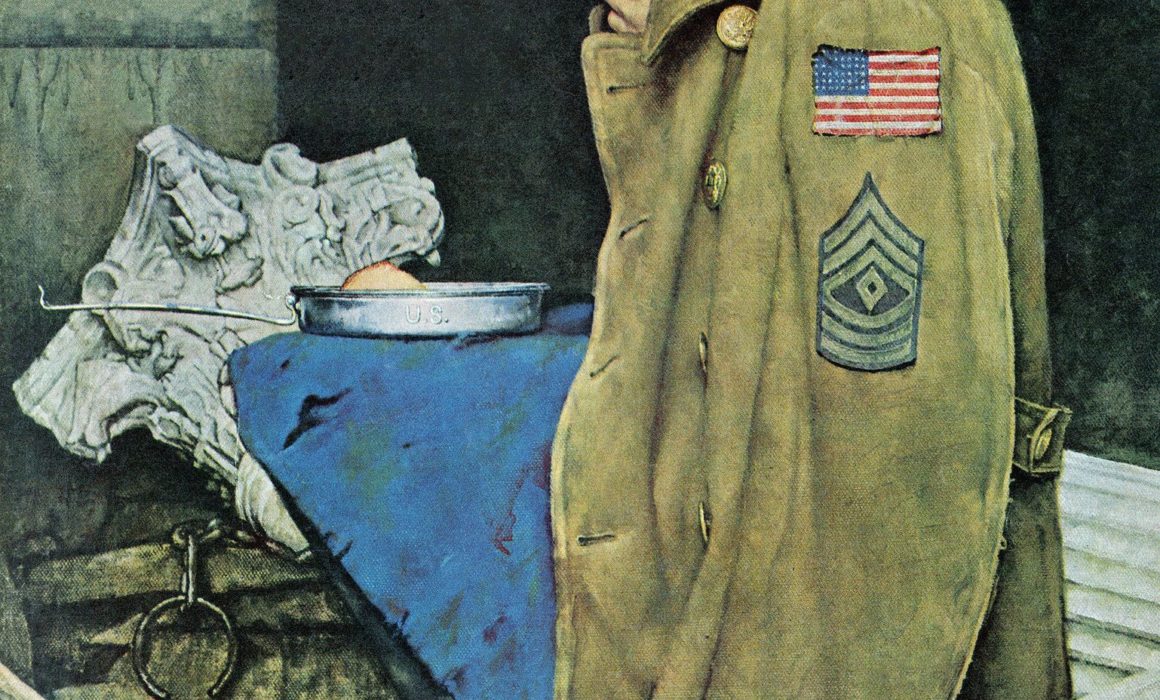Piety in the Pestilence VII
There is near constant talk of the virus. Some are personally effected. Others are merely swept up in the spirit of the plague. And this is for a simple reason: the virus reminds us of our mortality, of our inevitable death, and of our fear of it.
Johann Gerhard, a man of many sorrows, who was no stranger to mourning, wrote the following concerning a question about how to deal with the fear of death:
“Without doubt, it is a weakness of our flesh and a peculiarity of our corrupt nature that we are more desirous of this momentary life than the everlasting one to come. It is from such a nature that our fear and terror of death arises. In order that you might conquer these thoughts by the power of the Spirit and might increase the resolve of the inner man, weigh carefully these things that I am about to put before you from the storehouse of heavenly truth. First, it is certain that the hairs of our head are numbered by God and the number of our months are established by Him. He has placed limits for us that we are by no means able to pass over. Indeed, all of our days were written in His book before we lived even one of them. Therefore, you should rightly submit to the Father’s will. He gave you life by grace. He wonderfully brought you out of the confines of your mother’s womb. He has preserved your life from a thousand dangers and kept you safe and alive. That soul which He once gave, He now demands back. He takes not what is yours, but claims what is His.”
Gerhard has more to say on the topic of the fear of death, yet this is enough for our contemplation, for he does not merely say, as some might think, that death cannot be avoided and that God has willed it, therefore embrace it. Rather, he urges us, in the face of death, to see in it a mirror of the gift of our existence, everything we have been given in life, from greatest to smallest; to know that every moment of our lives is born of grace, and that, instead of coveting more of this life, we should praise God for the life that we have been allowed to have. In short, Gerhard wants us to above all else to have gratitude, and to see the shortness of our life as a school of gratitude.
May we ever give thanks to Almighty God for this great gift of being.



